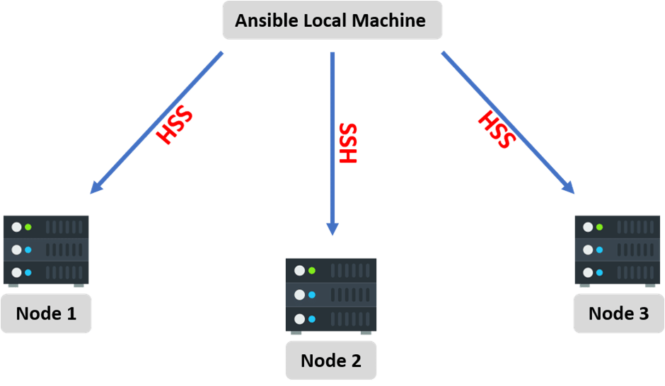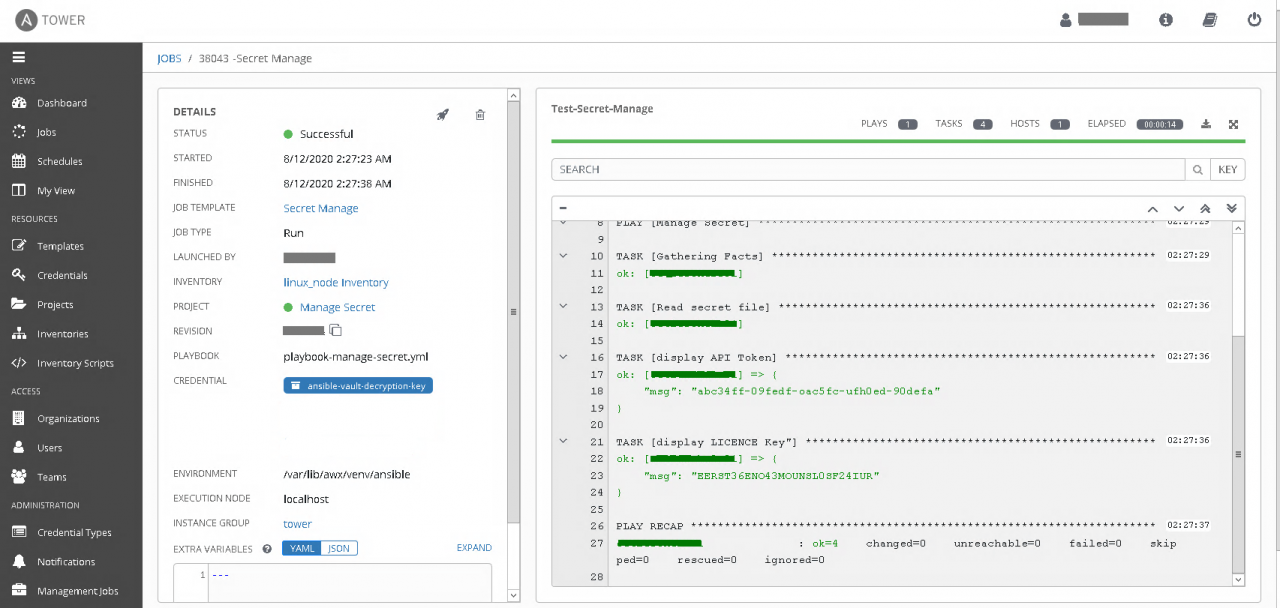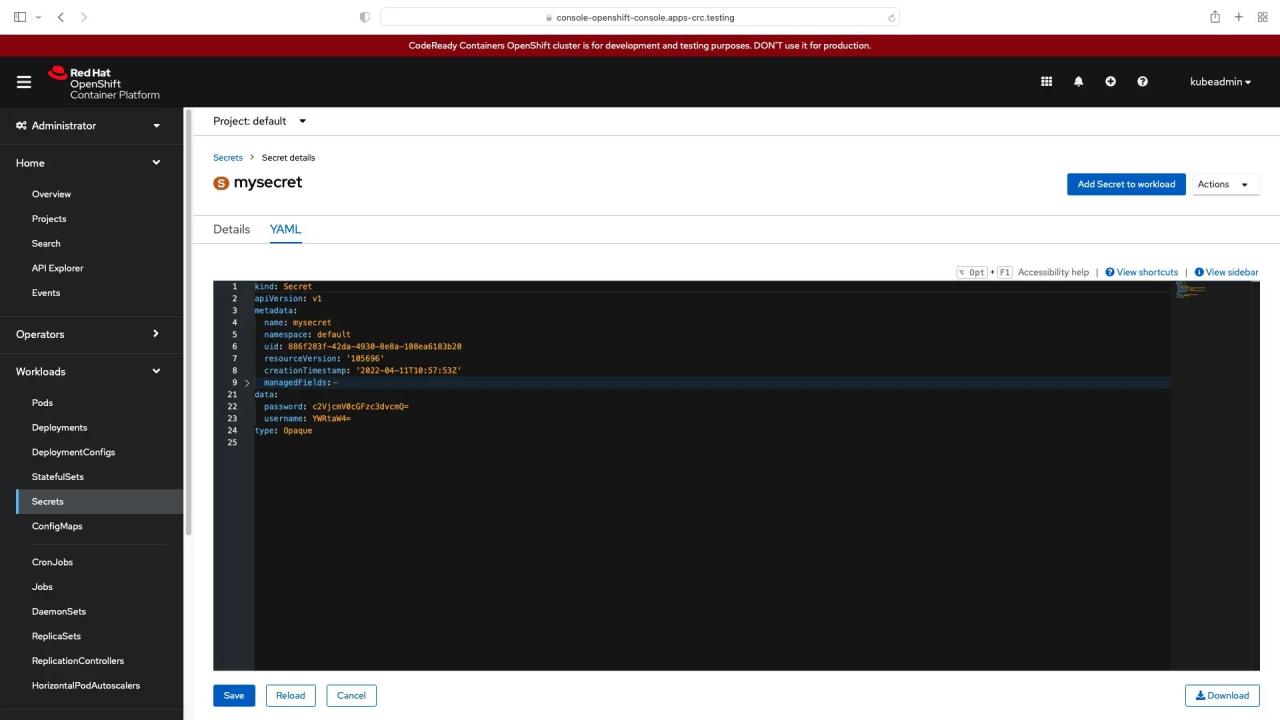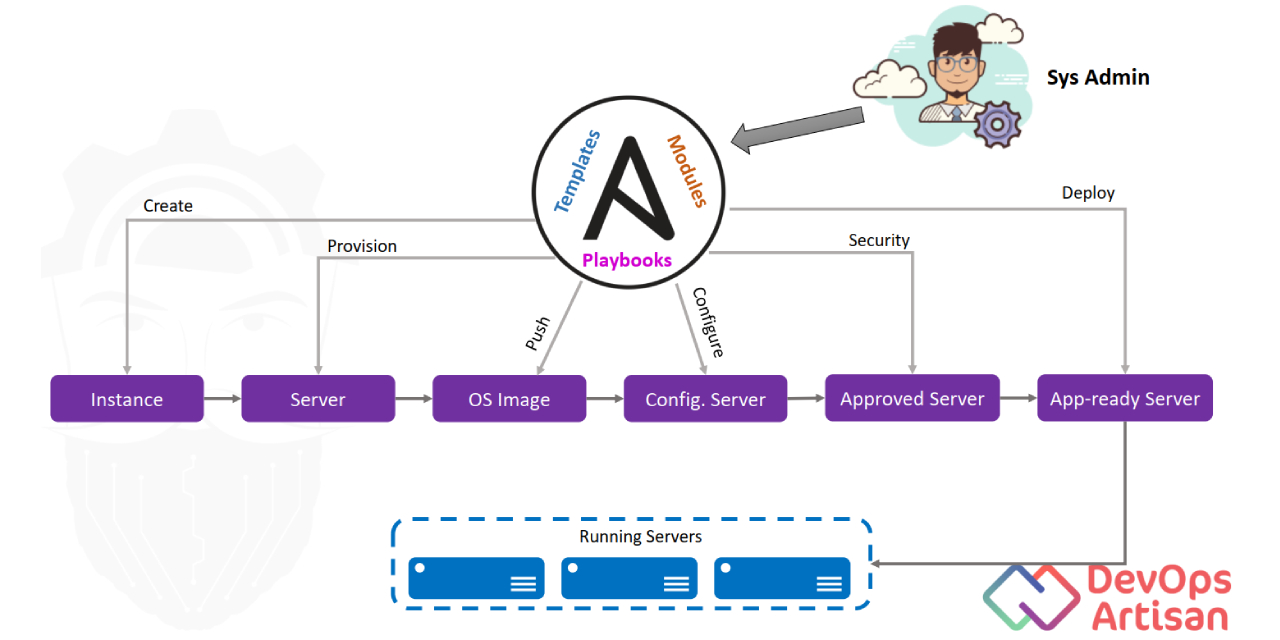
Introduction
In the world of automation and infrastructure management, Ansible has emerged as a powerful tool. It simplifies complex tasks and allows for efficient management of IT infrastructure. One of the key features of Ansible is its ability to store sensitive data securely. In this article, we will explore the concept of secret storage in Ansible and how it can be used to enhance security.
What is Secret Storage?
Secret storage refers to the secure management and storage of sensitive data such as passwords, API keys, and other credentials. In the context of Ansible, secret storage ensures that this sensitive information is protected and not exposed in plain text within playbooks or configuration files.
Why is Secret Storage Important?
Securing sensitive data is crucial to prevent unauthorized access and potential security breaches. With Ansible, secret storage becomes even more important as it allows for the automation of tasks that involve sensitive information. By securely storing secrets, Ansible ensures that only authorized individuals or processes can access them, reducing the risk of data leaks.
Ansible-Vault
Ansible provides a built-in feature called Ansible-Vault for secret storage. Ansible-Vault allows you to encrypt sensitive data using a password or a key file. This encrypted data can then be safely stored within your Ansible playbooks or inventory files.
Creating an Encrypted File
To create an encrypted file using Ansible-Vault, you can use the following command:
$ ansible-vault create secret.yml
This command will prompt you to enter and confirm a password for encrypting the file. Once the file is created, you can edit it by using the command:
$ ansible-vault edit secret.yml
Using Encrypted Variables
Once you have created an encrypted file, you can reference the encrypted variables within your playbooks or inventory files. Ansible-Vault will automatically decrypt the variables during execution, ensuring that sensitive data remains secure.
Best Practices for Secret Storage
When it comes to secret storage in Ansible, it is important to follow some best practices to enhance security:
Use Strong Passwords
Always use strong passwords when encrypting your secret files. This will make it harder for unauthorized individuals to decrypt the files and access the sensitive data.
Limit Access to Secrets
Ensure that only authorized individuals or processes have access to the encrypted secret files. Use role-based access control to restrict access to sensitive information.
Regularly Rotate Passwords
Periodically change the passwords used for encrypting the secret files to enhance security. This will reduce the risk of unauthorized access if a password is compromised.
Conclusion
Secret storage is a crucial aspect of Ansible that allows for the secure management of sensitive data. With Ansible-Vault, you can encrypt your secret files and ensure that only authorized individuals or processes can access them. By following best practices for secret storage, you can enhance the security of your automation workflows and protect your infrastructure from potential security breaches.

Ansible secrets management with Vault and AWS Secrets Manager YouTube

Secure Your Secrets With Ansible Vault

Configure a Pod to Use a Volume for Storage Ansible module k8s

Configure a Pod to Use a Volume for Storage Ansible module k8s

Managing Secrets for Automation Using Ansible Vault and Tower DZone

Create K8s or OpenShift OCP Secret Ansible module k8s

Ansible with DellEMC Storage Part 2 Understanding Ansible

Using Hashicorp Vault to Secure Ansible Secrets YouTube

Decoding DevOps How to Use Ansible for Infrastructure Provisioning

Ansible DevOps4Help





